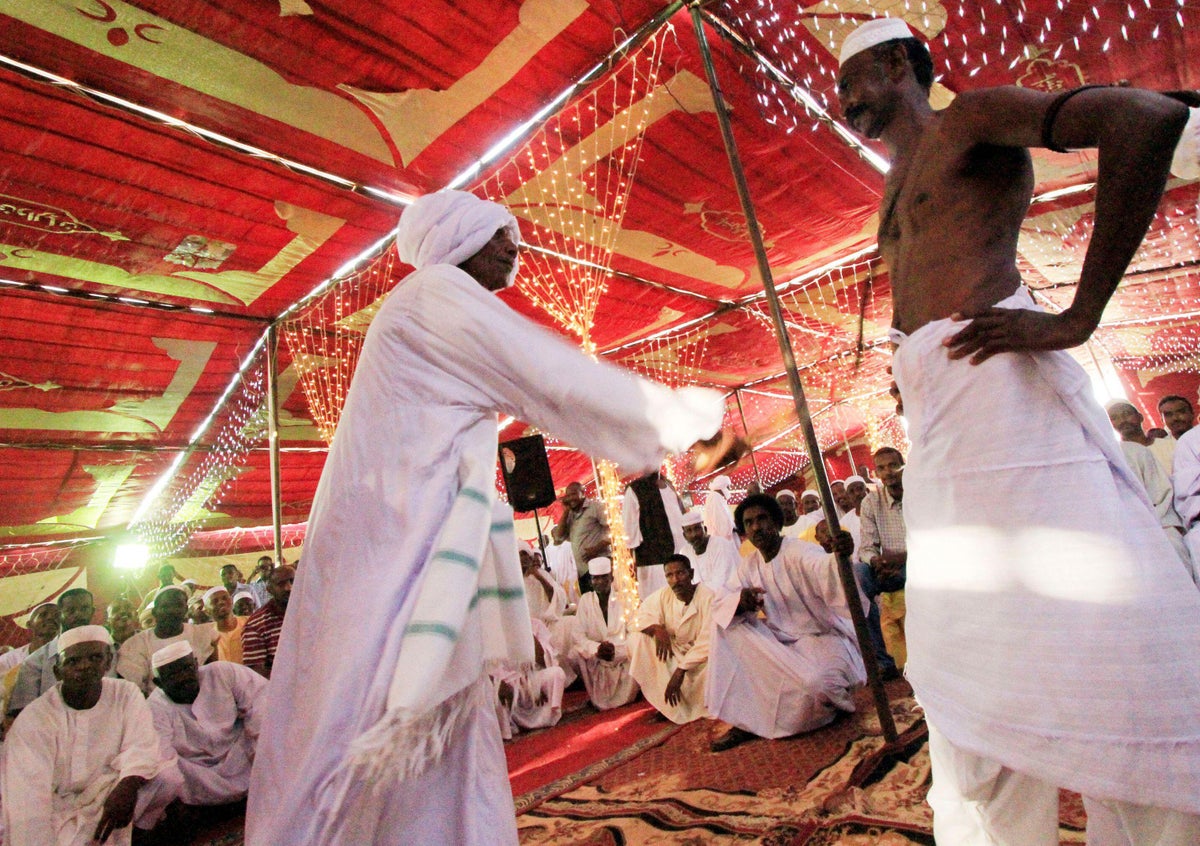Sudanese people are known for their generosity and hospitality. When guests come to Sudanese homes, they are always welcome in a friendly and hospitable manner. According to Islam, girls and women are expected to act and dress in a certain way. Girls must be escorted when they leave the home and dress code is generally formal conservative for both genders at all times. It is very important to look clean and fresh. The usage of perfume is considered polite.

The Humr Baqqārah and Fur peoples adhere to Islamic beliefs and practices, which came to them through Arab influence, and traditional local practices coexist.
The Significance of Customs and Traditions in Sudan
Sudanese customs and traditions play a significant role in the lives of Sudanese people. They provide a sense of identity and belonging, and help to bind the community together. They also play an important role in social and family life, and are a source of pride and enjoyment. Sudanese customs and traditions are an important part of the country's heritage, and are a valuable part of its cultural heritage.
The Role of Customs and Traditions in the Lives of Sudanese People
The customs and traditions of Sudanese people have played a significant role in their lives for many years. These traditions have helped to shape the Sudanese identity and culture, and have been passed down from generation to generation. They continue to play an important role in the lives of Sudanese people today, influencing everything from the way they dress and eat,
to the way they interact with others. Sudanese customs and traditions are an important part of what makes the Sudanese people unique, and they help to make Sudan a special place to live.
The Impact of Customs and Traditions on Sudanese Society
The customs and traditions of Sudan play a significant role in the Sudanese society. They provide the community with a sense of identity and belonging, and promote unity amongst the people. The customs and traditions also instill values such as respect, cooperation, and responsibility in the community members. Without these customs and traditions, Sudanese society would be lost and directionless.
The Relationship between Customs and Traditions in Sudan
Sudanese culture is rich in customs and traditions. From the way they greet guests to the way they celebrate special occasions, Sudanese culture demonstrates a deep respect for tradition.
This appreciation for tradition is also evident in the way Sudanese families maintain strong traditional values in a rapidly changing world. By understanding and respecting Sudanese customs and traditions, we can build strong relationships with the Sudanese people.
The Origin of Sudanese Customs and Traditions
Sudanese customs and traditions have their origins in the country's indigenous people. The Sudanese people have a strong national identity and certain customs have come to represent this unified culture. For example, the 'tob' (a type of amulet) is worn by many Sudanese as a symbol of their cultural heritage.
The Humr Baqqārah and Fur peoples adhere to Islamic beliefs and practices, which came to them through Arab influence, and traditional local practices coexist. Most Sudanese families hold strong traditional values in a rapidly changing world. From everyday meals to formal socializing, such as weddings, the Sudanese culture is unique and fascinating.

Comments
Post a Comment